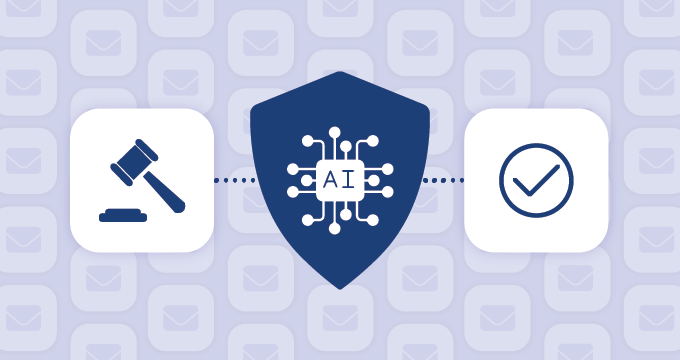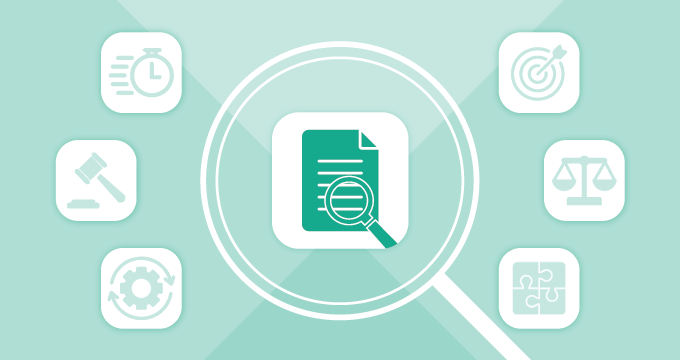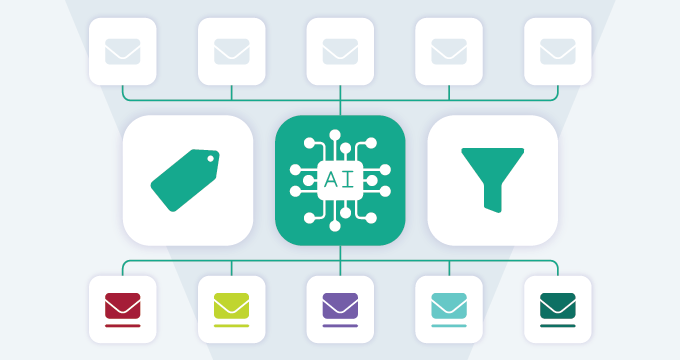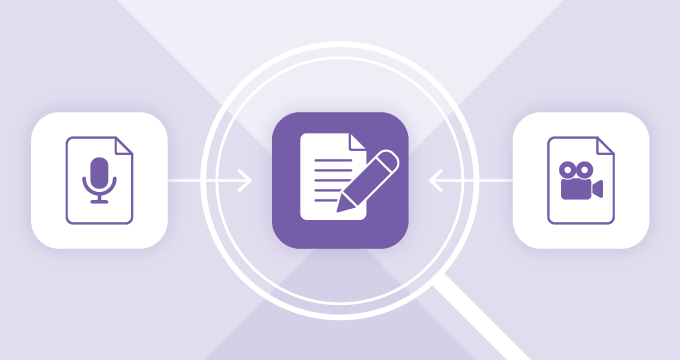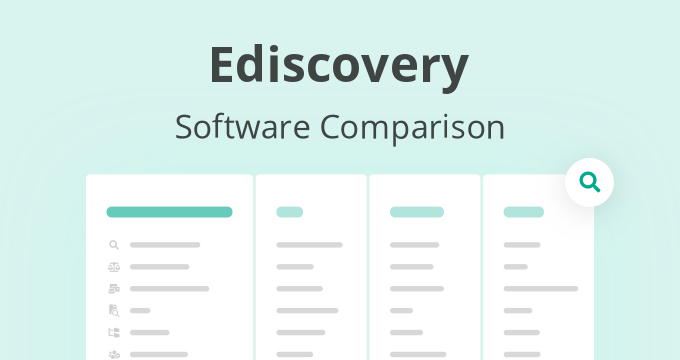Govern your communication and comply with regulation
Jatheon Blog
Subscribe to our blog and receive latest email archiving, compliance and eDiscovery articles to your inbox directly.
Schedule Your Personal Demo
Look inside Jatheon’s solution to see how to better manage your corporate email and messaging data. Leave us your contact details and we’ll get in touch and show you around.




